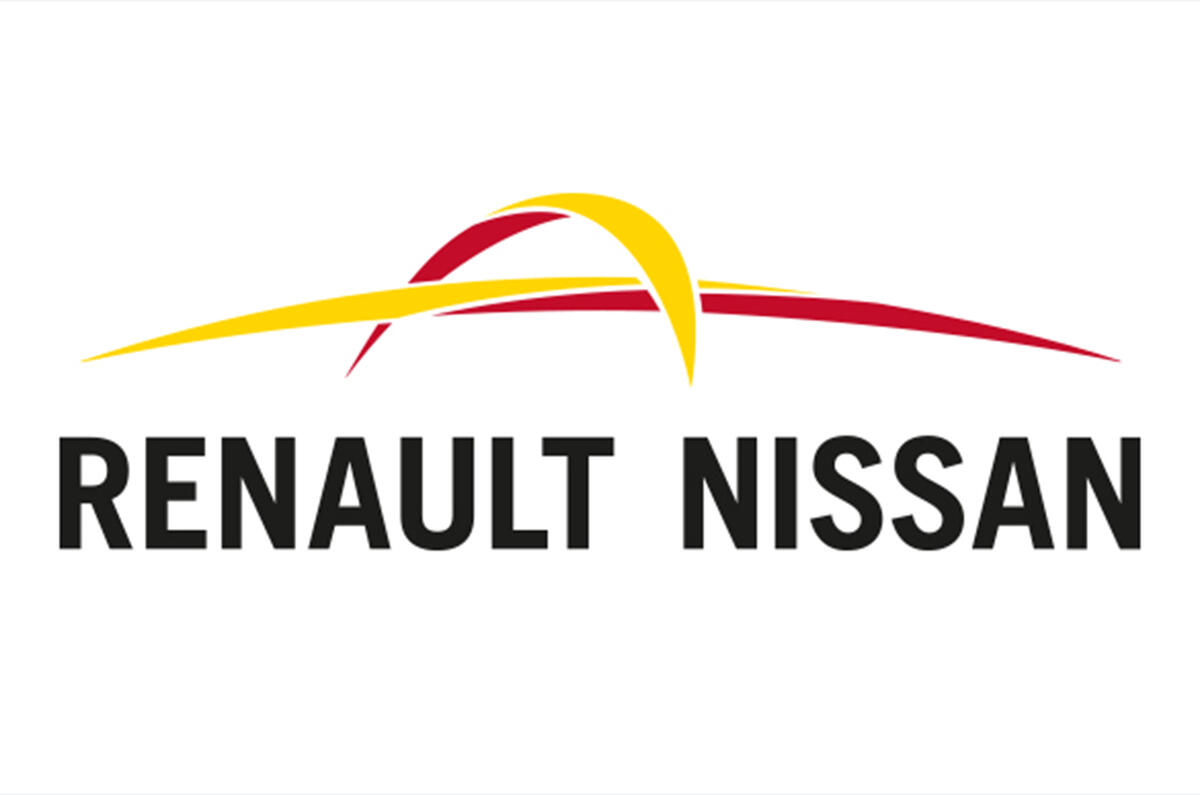The Renault-Nissan Alliance is poised become the largest car maker in the world following deliveries of 5.268 million cars in the first half of 2017.
Across the same period, the Volkswagen Group sold an almost identical number of cars, at 5.27m, but slipped behind Renault-Nissan, having delivered only 5.156m of these. With a new Volkswagen Polo on the way, as well as other volume-selling cars from elsewhere in the group, there’s still uncertainty as which group will take the title this year.
Renault-Nissan, which comprises the Renault, Nissan, Alpine, Dacia, Datsun, Infiniti, Lada, Mitsubishi and Venucia brands, also reported sales of 480,000 electric vehicles, which is the highest of any automotive group in the world.
Last year, Renault-Nissan delivered just shy of 9.96m cars globally, meaning more than one in nine of all cars sold that year came from the group. That year, the Volkswagen Group delivered 10.3m cars globally.
The UK was in the top ten markets for all three of the main Alliance brands (Renault, Nissan and Mitsubishi) with sales of the Nissan Qashqai making the UK the fifth-strongest market for Nissan - the USA, China, Japan and Mexico make up the top four. For both Renault and Mitsubishi, UK sales rank ninth overall. France is Renault’s top market, while the USA is top for Mitsubishi.
Carlos Ghosn, Renault-Nissan chairman, said: “The Alliance has delivered record sales during the first semester of 2017, reaching 5,268,079 vehicles sold. We will continue to leverage our significant economies of scale and global market presence to deliver valuable synergies for our member companies this year, while maintaining a strong technology line-up and offering customers breakthrough electric models.
“Our enlarged Alliance is well placed to realise its full potential, not only in terms of unit volumes, but also by providing next-generation mobility services to customers around the world.”
Read more:
Top 10 best-selling cars in Britain





Join the debate
Add your comment
It can only mean
all good news at the Sunderland factory..
I would rather Renault-Nissan
I would rather Renault-Nissan were top than the VAG group. Why? Well, at least the majority of their cars are different between the brands. A Qashqai and a Kadjar look and feel different, despite being on the same platform compared to a Ateca and Karoq for example. I get why there is platform sharing, but I wish VAG would differentiate their brands more
You're right about VAG
The last few years have increasingly seen slip ups from the mighty VW group - they're blurring the lines between the brand offerings and it's getting harder and harder to justify one over the other, especially the premium one they want to be selling you.Latest Seat Leon looks better than the Golf and A3, with identical engines but much cheaper; Superb lives upto it's name and is an easy pick over the Passat (styling and space alone); Kodiaq must be cannibalising sales from everywhere.As a still relatively new marriage, it seems fair to suggest the Renualt-Nissan alliance is still learning how best to benefit from potential synergies, while importantly retaining their own identity.